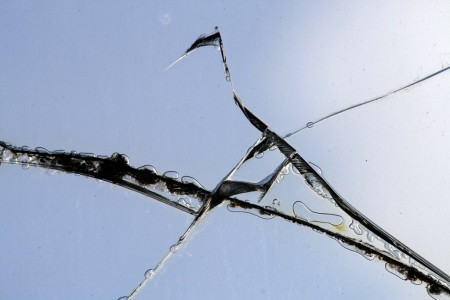Over at Slate, there is an interesting article about art and chemistry: specifically, about the challenges involved in preserving artwork and historical objects that were made from fundamentally unstable plastics. As the article points out, this is an odd reversal of what most of the world is trying to do, namely eliminate plastic wastes that are proving far more durable than would be ideal. For instance, there is the worrisome North Pacific Gyre: a huge garbage patch in the deep ocean.
One interesting aspect of the Slate article is the assertion that some microorganisms can now digest plastics. This claim contradicts those made in Alan Weisman’s excellent book The World Without Us, in which he claims that such metabolic pathways had not yet evolved.
The overall question of materials over long spans of time is certainly an interesting one. They have a huge impact on what we do and can know about history. For instance, much of what we know about ancient peoples comes from examinations of the garbage and artifacts they left behind: clues that can give insights into diet, contact with other groups, and much else besides.
The the amount of material and information being accumulated in the modern world is unprecedented, the plight of the plastics curator is another example of how much of it is ephemeral. Perhaps that is more true of information than anything else. When the plastics and metals and dyes of our optical disks, hard drives, and flash memory systems start to degrade and fail, an unprecedented amount of information is likely to be lost, from baby and wedding photos to documentation of historical events.

